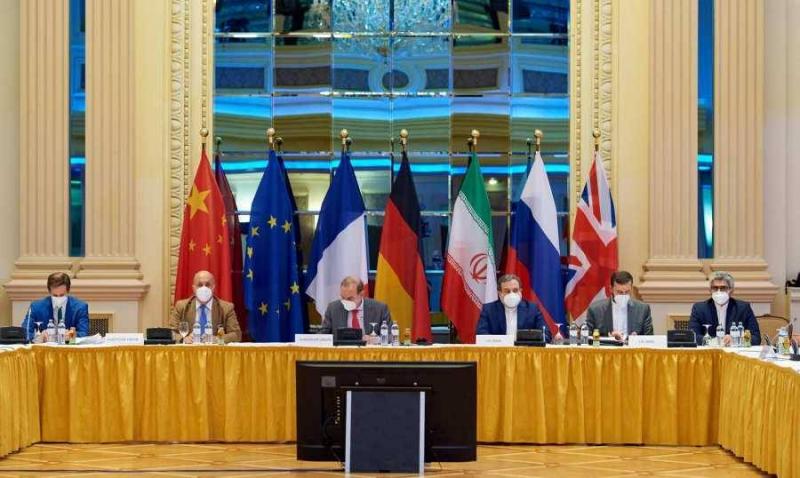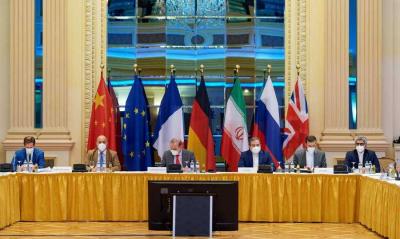The U.S. State Department announced that the United States will provide its perspective on the European Union's final draft text for salvaging the 2015 nuclear agreement directly and privately to EU representative Josep Borrell. State Department spokesperson Ned Price stated at a press conference on Monday that President Joe Biden has given clear instructions that allow Tehran not to acquire a nuclear weapon.
He also confirmed that "we will not ease any sanctions imposed on Iran that are not related to the nuclear issue," explaining that everything that can be negotiated with Tehran has already been proposed. He emphasized that the only way to achieve a mutual return to the Iranian nuclear agreement is for Tehran to abandon its "external demands."
These statements come after Iranian Foreign Minister Hossein Amir-Abdollahian revealed earlier on Monday that his country will present its "final proposals" for reviving the nuclear agreement to the EU by midnight, following days of the EU presenting a "final text" proposal to Tehran and Washington after long months of negotiations.
Amir-Abdollahian mentioned during a meeting with journalists at the ministry that "the American side has verbally agreed to two proposals from Iran, and we will send our final proposals by midnight," which corresponds to 19:30 GMT, according to the official Irna news agency.
While the minister did not specify the nature of these proposals, he clarified that they "must be converted (the agreement) into text, and flexibility should be shown on one (third) issue," emphasizing that "the coming days are important, and if our proposals are approved, we are ready to finalize and announce the agreement during a meeting of foreign ministers."
It is worth noting that the 2015 agreement between Tehran and six major international powers allowed for the lifting of sanctions on Tehran in exchange for reducing its nuclear activities and ensuring the peaceful nature of its program. However, the United States unilaterally withdrew from it in 2018 during the presidency of Donald Trump, reimposing harsh sanctions on Iran, which responded by gradually stepping back from most of its commitments.
Iran and the powers still party to the agreement (France, Britain, Germany, Russia, and China) began discussions to revive it in April 2021, which were first suspended in June of the same year. After resuming in November, the talks were halted again in mid-March, amid remaining points of contention between Washington and Tehran, despite significant progress towards achieving an understanding.




